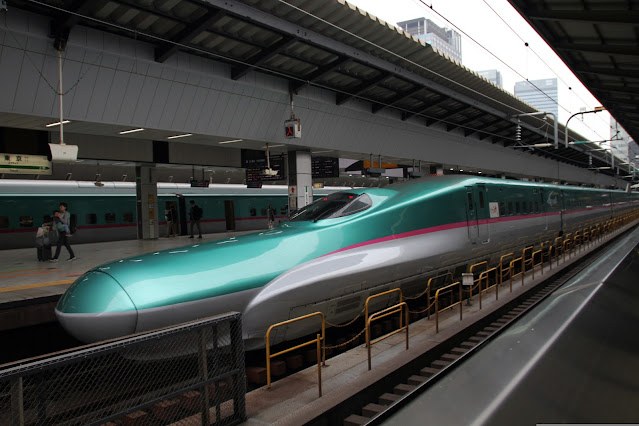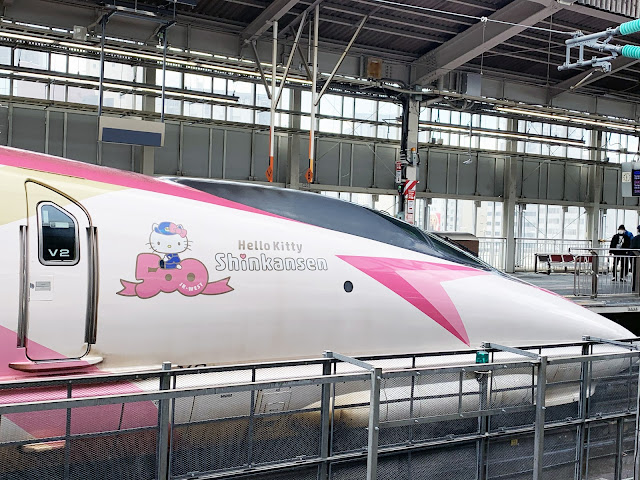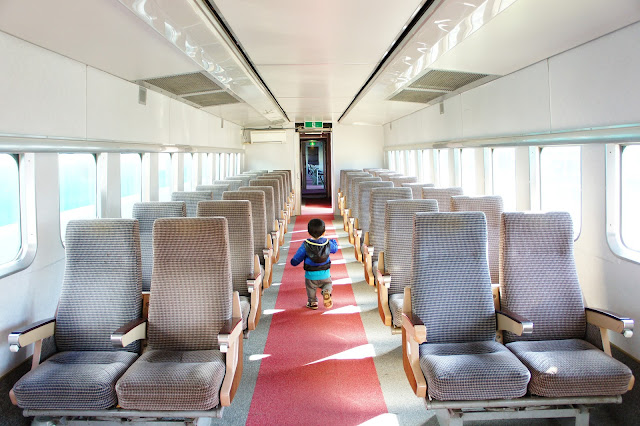Revitalizing Train Travel: Innovative Solutions and Personalized Experiences for the Future of Shinkansen Bullet Trains
JR Tokai's chartered train service, offered in collaboration with major travel agency JTB Corp. and others, allows passengers to rent a train car for various purposes. These packages were conceived by a group of young employees during an in-house competition for new projects. The proposal, titled "We'll make your hopes come true," was inspired by the 30th anniversary of Nozomi's operation, with "Nozomi" meaning "hope" in Japanese. Applications for the packages were accepted starting from December 2021, and JR Tokai received over 800 applications in just three weeks. Three applications were selected and implemented, including a graduation trip for students of Saitama Municipal Urawa High School, a wedding ceremony, and a retirement celebration.
The graduation trip, which took place in March last year,
allowed students to watch a specially made video by their teachers while
reminiscing about their school days in the decorated train car. Participants
expressed their joy and satisfaction with the experience, with one student
remarking that it was the shortest but most memorable two-and-a-half-hour
journey of their life. Following the positive feedback from these trials, JR
Tokai officially launched the service at the end of 2022. Since then, 16 groups
have taken advantage of the chartered train service, including a company that
organized a kickoff event for new product releases.
The COVID-19 pandemic has accelerated the railway companies' efforts to provide passengers with additional value beyond transportation. These initiatives are driven by the anticipation of declining passenger numbers due to factors like population decline. The companies believe that by offering unique and personalized services, passengers will be encouraged to enjoy their train journeys and view the Shinkansen as more than just a mode of transportation. As the pandemic recedes, these new services and experiences are expected to continue and contribute to the revitalization of rail travel in Japan.
As railway companies in Japan embrace innovation and reimagine
the future of train travel, one cannot help but wonder: What other exciting
transformations await us on the rails? Will we see floating cafes, immersive
virtual reality experiences, or perhaps even trains that harness renewable
energy? The possibilities seem endless, and the journey ahead promises to be
filled with surprises. So, as we embark on this exciting chapter of rail
travel, let us eagerly await the next wave of ingenious ideas and remarkable
adventures. What role will you play in shaping the future of train travel?
Related Articles:




Comments
Post a Comment